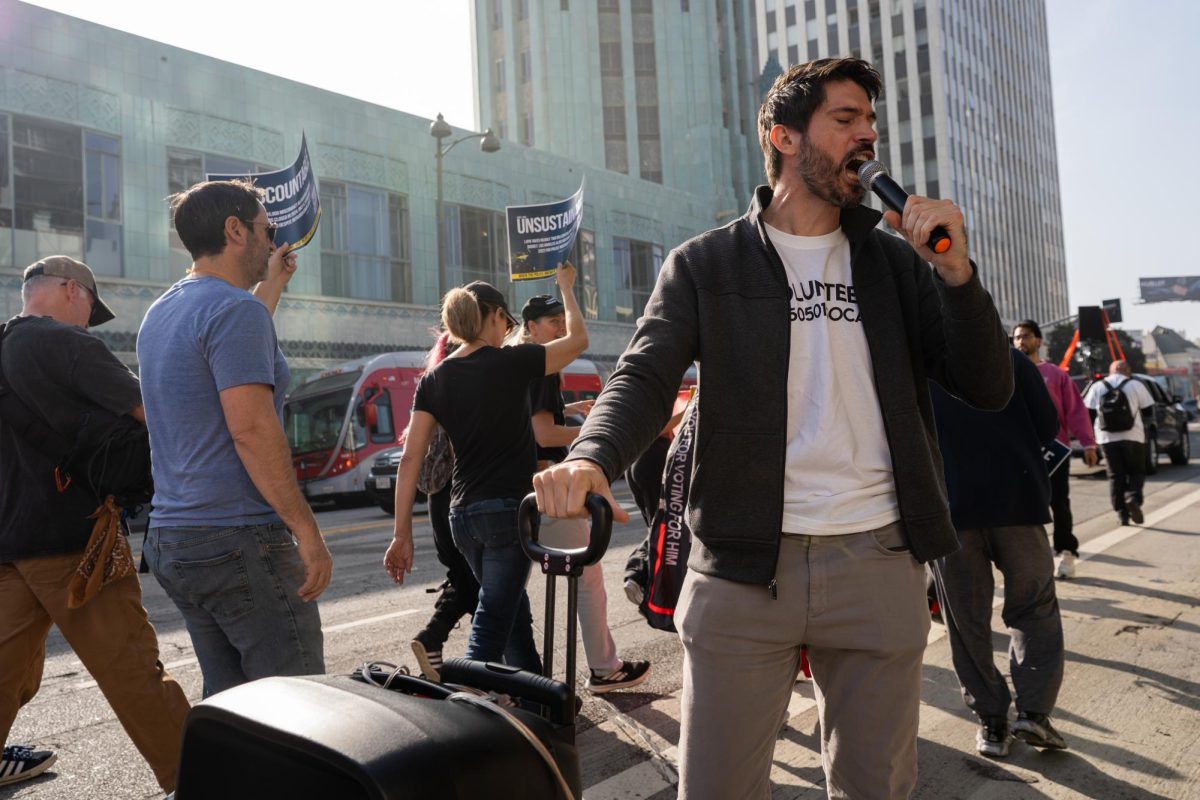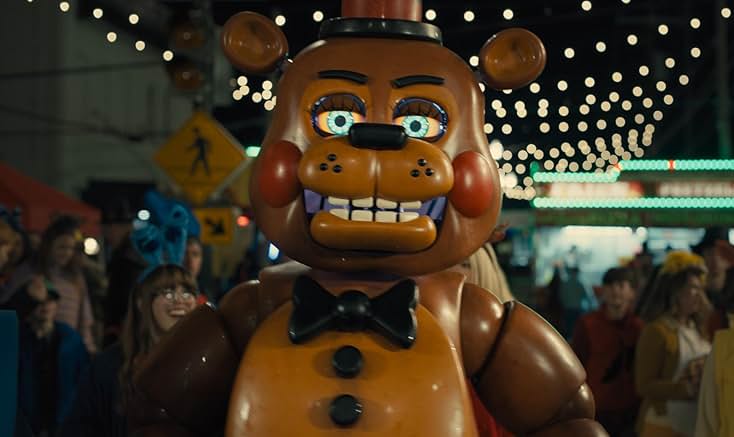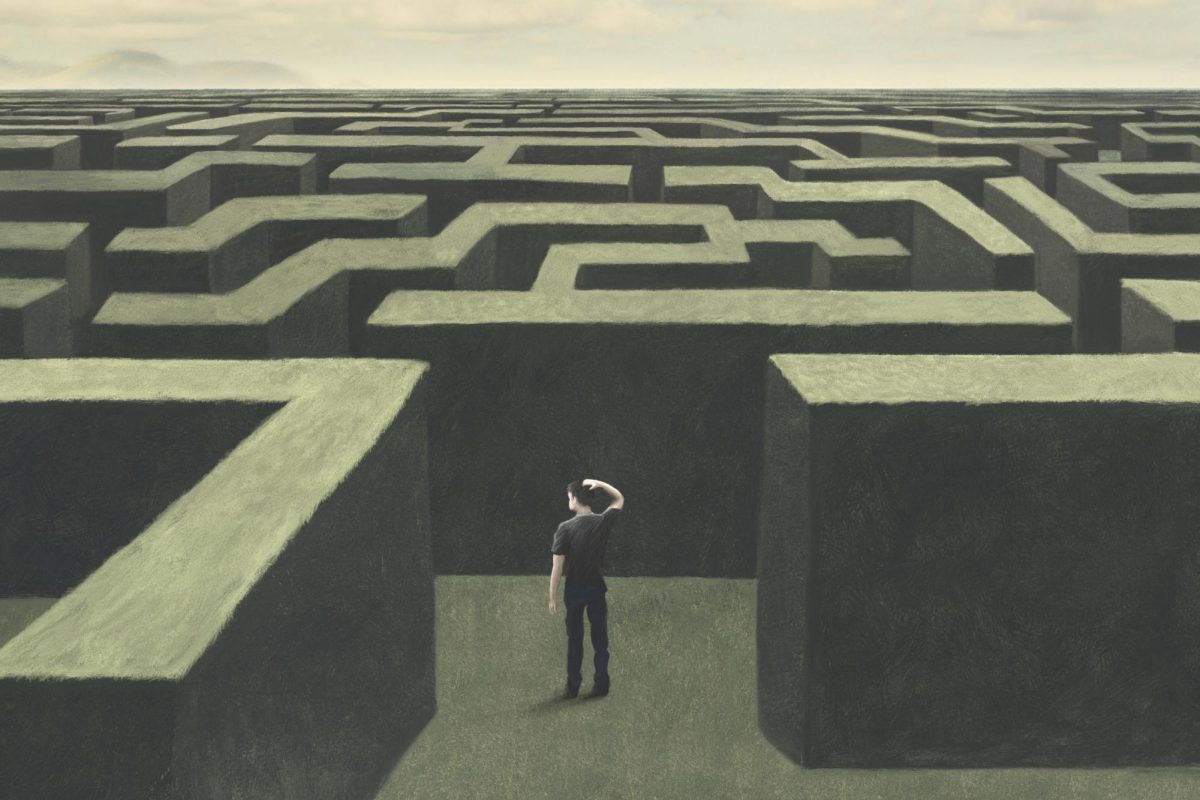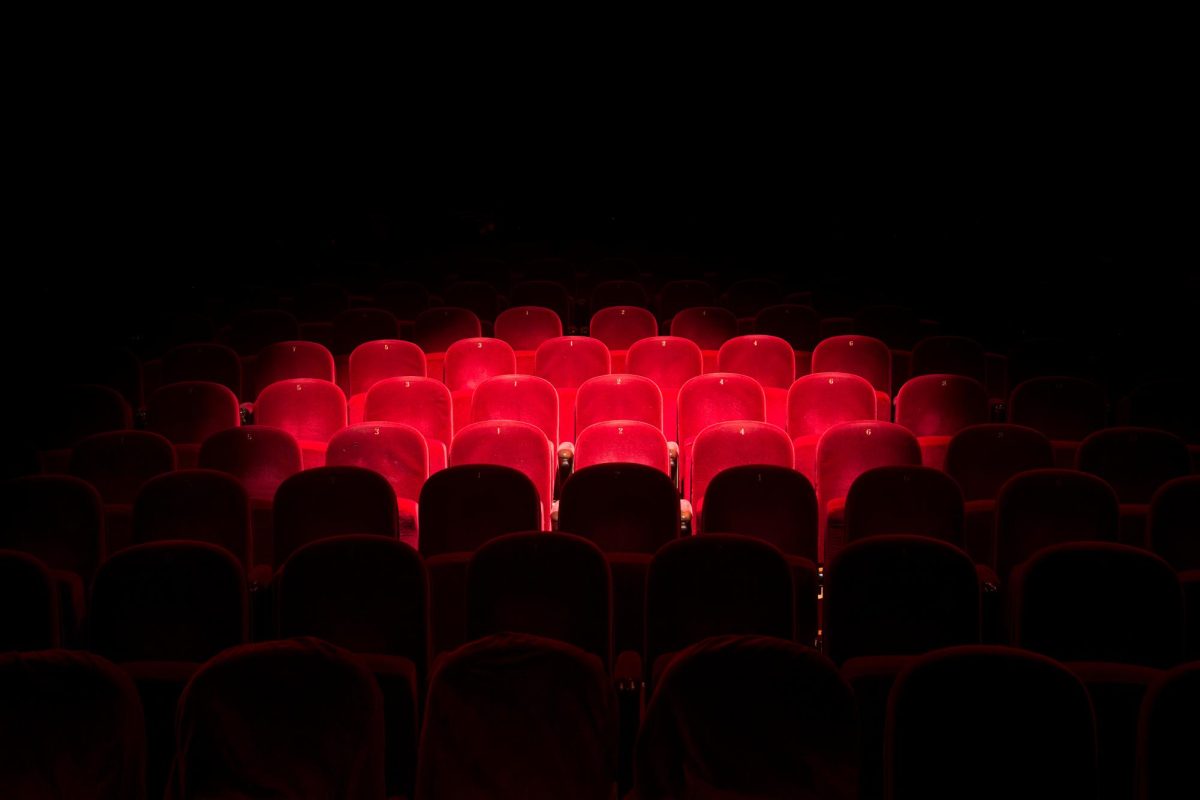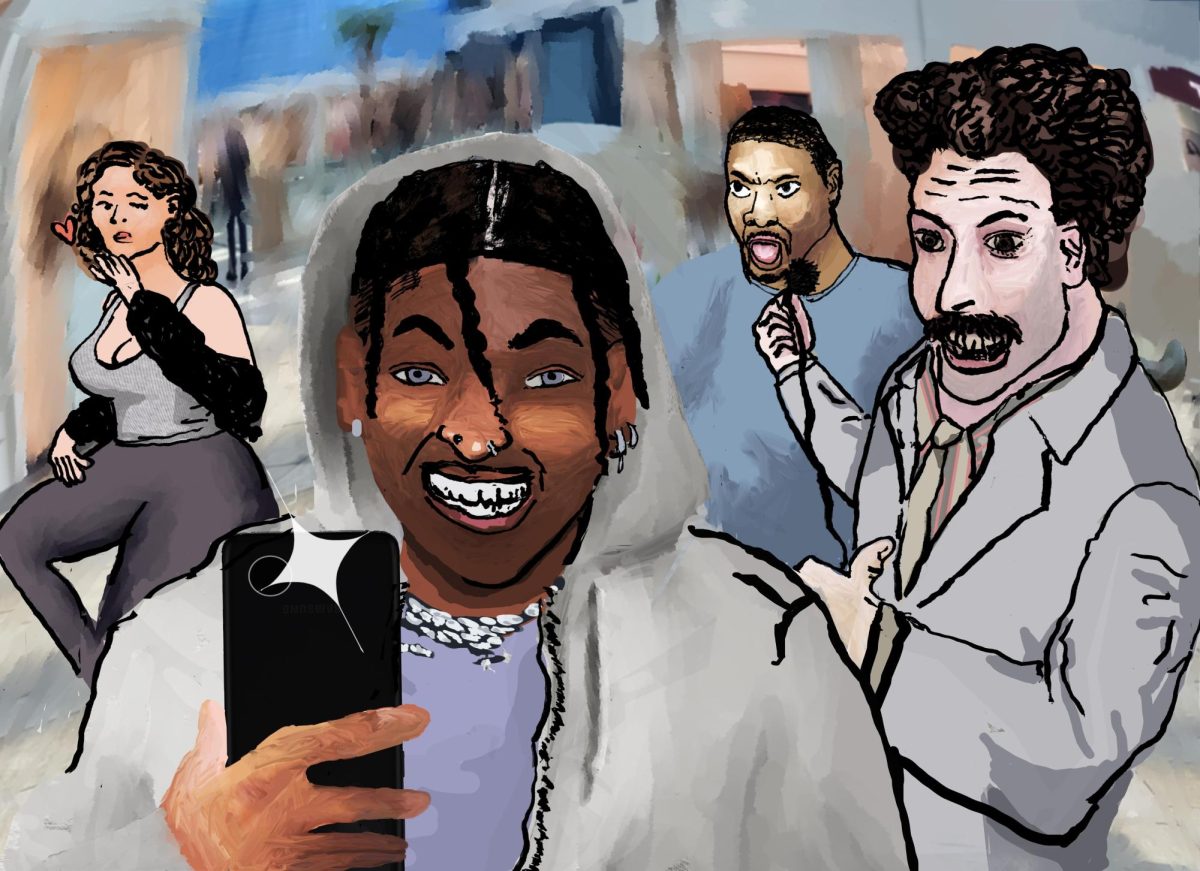During the morning commute, every motorist gets to experience the driving culture that exists within the city of Los Angeles. A honking of horns, yelling, road rage, selfishness, the “me-first” mindset; driving really does bring out the worst in people. Sometimes just getting to your location can be an emotional journey in and of itself.
On one particular morning, after having been cut off yet again on the freeway, my emotions immediately began to rise in anger towards the other driver. That was until I saw that he had a Los Angeles Kings license plate on the back of his car. Upon noticing this detail, suddenly my frustration changed to compassion, for as a fellow Kings fan myself, I understand that we all live in agony together. It’s hard being a hockey fan in Los Angeles, and my belief is that we all need to take care of one another when given the chance. Simply due to our fandom, my tune changed immediately and I let his driving slide.
While we know that sports play a big part in our society, rarely do we stop to take a moment to realize the true impact it has on us every day. Seeing a person walk down the street wearing your favorite team’s colors, or especially your team’s rival colors, evokes immediate emotion within us.
Try and imagine Southern California without the Lakers or the Dodgers. It’s almost hard to fathom, but both of those professional teams moved here and have been cemented as part of the identity within the region ever since. Many areas like LA have greatly benefited from the placement of a professional sports franchise, suddenly becoming a beacon for an entire city or state to rally around. Just ask the Vegas Golden Knights fans how that team brought their entire community together.
Sports help people connect immediately, which is why it is such an important subject matter to study. When you really look at it, the sports world is a microcosm of our society, showing us on a smaller scale the good and bad that’s taking place on a larger scale every single day in our country. Due to this, sports have, and will always be, a driver of societal change. Whether it was Jackie Robinson breaking the color barrier in 1947 or Billie Jean King playing a tennis match against Bobby Riggs in 1973, athletics have been used as a guinea pig throughout history to instigate necessary change.
For better or worse, present-day athletes are being held up as celebrities and role models. With increased media coverage and the ability to connect on social media, we are living in an era in which the next generation of athletes will continue to be at the forefront of the direction our society takes. Thus, the question isn’t “how important is sport in our society?” Instead the question becomes “which event in sports will be next in line to trigger important social change going forward?”
Aaron Weinstein is a lecturer in the kinesiology department at CSUN.




